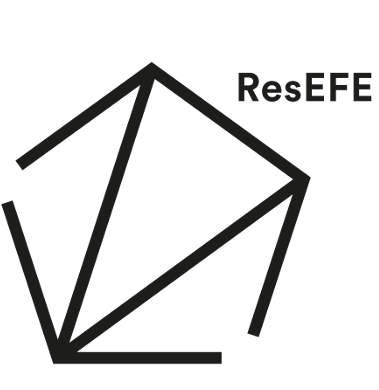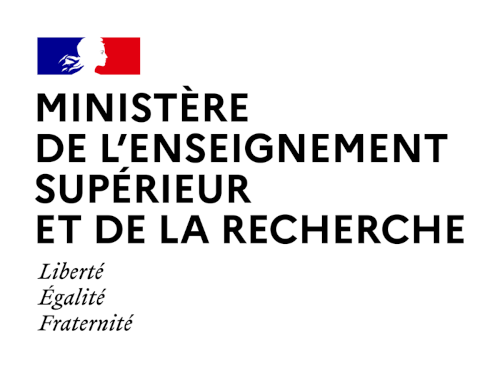
General presentation
Governing islands : territories, resources and knowledge of the island societies of the Hispanic monarchy (16th-19th c.)
This collective research aims to study the specificities of the government of insular environments at the interface between the social history of politics, environmental history and the history of knowledge by comparing experiences between the Mediterranean areas and the archipelagos of the Caribbean, the South Atlantic and the Pacific - essentially the Philippine archipelago - which share the Hispanic political universe during the long period from the sixteenth to the nineteenth century.
This project was conceived in coordination with two others, then presented to the three écoles françaises à l'étranger. Since 2015, following a FRAMESPA seminar at the Université de Toulouse II, a meeting between Darío Barriera, Mathieu Grenet and François Godicheau led to the formulation of joint concerns for the governance of islands and archipelagos. Starting in 2019, Darío Barriera will lead the "Malvinas and South Atlantic Programme at the National University of Rosario, which studies the relations between islands and archipelagos (real and imaginary, like the Pepys) in the South Atlantic and South Pacific" as spaces of confrontation between the Spanish, French and English empires. In 2020, a convergence took place between the project developed by Mathieu Grénet and François Godicheau and another imagined by Hugo Vermeren, then a postdoc at the École française de Rome; in 2021, the Gouviles project was validated by the EFR and in 2022 it received the label des Écoles françaises.
In addition, there is a history of previous collaboration between the Argentinean, French and Spanish team members, nourished by participation in previous projects, stays in the research centres involved and documented in numerous publications.
Faced with a historiography that is still very compartmentalised into "worlds" (forest, mine, sea, land, etc.) that study their objects independently of each other, this project proposes to encompass a wide range of natural resources (wood, water, fish, coal, ore, etc.) in a single analytical framework to explore three major research themes: 1) the vocabulary and ethical categories of resource governance; 2) institutions, knowledge and practices of resource conservation; and 3) the institutions, knowledge and practices of resource conservation.) within a single analytical framework to explore three major research themes: 1) the vocabulary and emic categories of resource governance; 2) the institutions, knowledge and practices of resource conservation; 3) the forms and mechanisms of resource governance; and 4) the role of the Monarchie in resource conservation.
Image legend : Vista de las Tres Islas de Tristán da Cunha el día 3 de octubre de 1814









